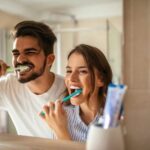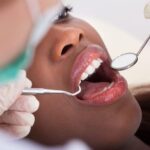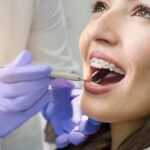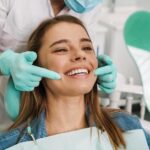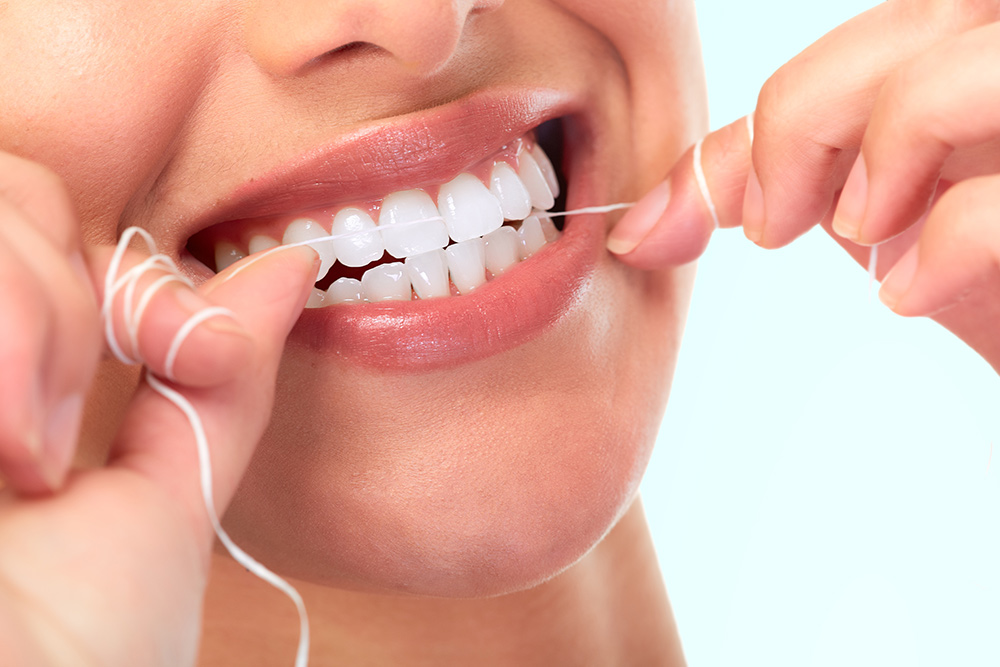
A beautiful smile attracts a lot of people, it is an indicator of our personality and leaves a lasting impression on people. As it is often said that the first impression is the last impression, it is extremely vital to keep that smile vibrant and bright. Dental care is one of the most important parts of human health, and plaque is one of the easier bacteria development in our mouth. We usually ignore our dental health, our appointments with the dentist until we’ve already done the damage. The following are different remedies that one can try to remove plaque at home.
Deteriorating Dental Health: Plaque
Plaque refers to a colorless or a light yellowish, sticky layer of bacteria that forms on the surface of teeth, it usually makes teeth buzzed and velvety and is usually visible from an unbrushed mouth. In research, it was found that many dental problems are linked to the physical medical conditions of a person, such as an upset stomach, heart problems, dementia, etc., other than poor oral habits.
What Causes Plaque?
Plaque develops in the mouth due to prolonged residues that remain in our mouth that from foods that are rich in carbohydrates such as sugary, starch foods, milk items, sweets, raisins, etc. The bacteria releases certain acids in the mouth that destroy the teeth’ enamel and lead to decaying. Various indicators of plaque in the mouth are continuous bad breath, sensitive teeth, reddening, swelling, and bleeding from gums after brushing.
Consequences of Plaque:
Plaque if remains untreated its softer form, hardens and converts into tartar, which can not be treated at home, and requires the help of a dental professional. Plaque can cause cavities in the mouth gum diseases such as periodontal and gingivitis, several infections in the mouth, decaying of teeth, and weakening and loss of teeth.
Prevention of Plaque at Home:
- Brushing twice a day: It is very important to brush your teeth twice a day with toothpaste that contains fluoride. Special attention must be given to the area of the roots of teeth. Teeth should be brushed properly with a round toothbrush from a 45-degree angle.
- Rinsing and flossing: One should rinse his/her mouth after eating and use a floss to remove food particles that get stuck.
- Antibacterial mouthwash: After brushing teeth, one must rinse the mouth with an anti-bacterial mouth wash to remove any other bacteria build-up that we might have missed while brushing.
- Looking after the overall health: Since dental problems not only arise due to poor oral habits but also due to physical conditions, one needs to pay heed to his/her overall health as well.
- Maintaining a balanced diet: Consuming a balanced diet and cutting down on sugary items will help in lowering the formation of plaque in the mouth. As far as possible, we must choose nutritious food, options that provide calcium and nutrients to our teeth and strengthen them.
- Oil pulling: It is another way of removing bacteria from the mouth, this is a technique in which one uses oil to rinse his/her mouth. Different oils have different benefits of their own, one can choose amongst the different options according to his/her need.
- Consuming Vitamin C: Food that is rich in vitamin C is full of antimicrobial properties that help in removing bacteria from the mouth, consumption, and application of such items on the teeth are helpful to prevent the accumulation of bacteria inside the mouth.
Home Remedies:
- The use of turmeric and salt with mustard oil helps to clean the teeth from the very depth.
- Baking soda and a pinch of salt can be mixed and used to clean the teeth, it is an old technique, but very useful
- Using potash alum: potash alum has the property of cleansing and healing wounds when used in a very small quantity, it helps the gums to heal any kind of wound, and prevents the teeth from plaque.
It is mostly about the habits that one inculcates, the better hygiene we maintain, the better our body will function, and the better we will feel. That’s why we should try not to miss our dental appointments next time!
- Eyelash Extensions or Lash Lifts: Which One To Choose? - January 19, 2022
- Top Ten Ideas for an Incredible Bathroom Renovation - January 16, 2022
- Do’s and Don’ts While Choosing Wedding Caterers - January 15, 2022
